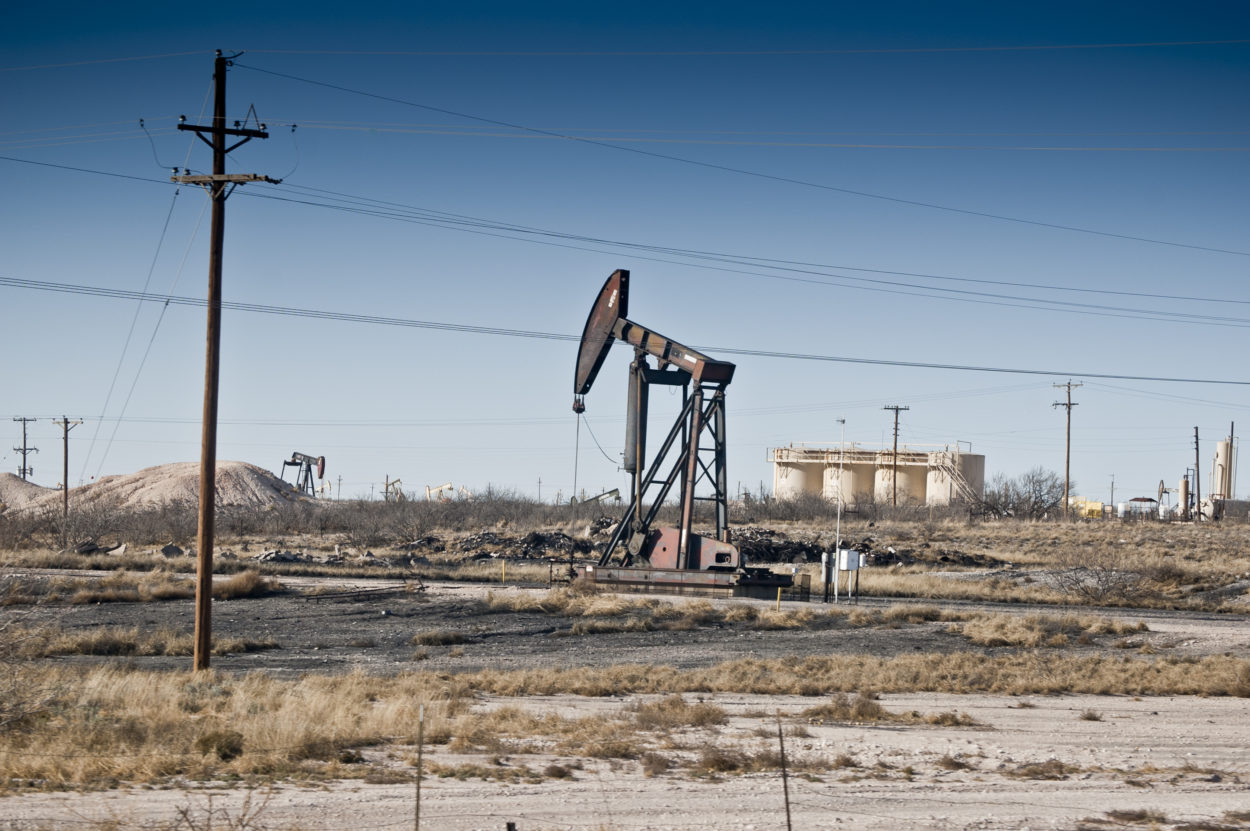
Don’t believe the tripe about Democrats and Republicans not working together. Gov. Michelle Lujan Grisham (D) and Rep. Yvette Herrell (R-2) both want President Joe Biden to end his 60-day suspension on the approval of federal oil and gas permits. An environmental activist, on the other hand, wants business and politicians to use the pause to consider what the future holds for the future and New Mexicans working in the field.
“Create a program that gives credit to states that are well beyond where the federal government and other states are in terms of climate change initiatives, cleaning up the environment, curbing carbon emissions and having an all of the above energy effort,” Lujan Grisham told the virtual meeting March 11.
“You do that, (and) New Mexico’s going to get an exemption, a waiver,” she said.
Herrell was the lead signatory on a bipartisan signed by 10 House members. A week earlier The letter, to acting Interior Secretary Scott de la Vega, said they were told by Interior spokesperson Tyler Cherry there is no 60-day suspension.
“Unfortunately, that is not the way things are working on the ground,” the letter says. It claims interference from political appointees in Washington has tied the hands of agency officials on the ground and completely ground to a halt the process for approving rights-of-way.
The rights-of-way in question involve several different types of access to the surface of federal lands, including but not limited to: pipelines for take-away of associated gas production from producing oil wells, pipelines to transport oil production to purchasers, permanent and temporary lines to transport produced water, fresh water and recycled water for operations.
What’s happening, or not happening
“The suspension on approving rights-of-way has caused significant problems for producers, as the lack of these right-of-way permits has threatened to completely shut down existing operations on existing federal leases with approved permits to drill and increased the possibility for multiple types of environmental hazards on federal lands, such as producers needing to flare associated gas production for lack of a gas take-away lines and a significant increase in truck hauling of produced oil and water for operations,” members said. “This impact to air quality and increase surface footprint would seem to run contradictory to the stated goals of your department and the Biden administration to protect the environment.”
A spokesman for Center for Western Priorities (CWP) told the Lea County Tribune the pause represents an opportunity for energy companies to consider what comes next in the energy business.
CWP Deputy Director Aaron Weiss said extraction businesses have not acted environmentally responsible for more than a century and that thinking needs to change.
“The question is what comes next?” he said. “We have no choice but to quickly transition to net-zero carbon. The only question is how do we do it?
“Do we do it a way that protects communities, protects jobs and ensures that oil and gas-dependent communities and counties are part of this transition. They have been left holding the bag in the past when extraction economies have gone bust.”
He said the “right way” to move forward is by ensuring communities and workers are at the forefront of a transition and not the tail end of it.
Companies should “put the full price of extracting oil and gas on the front end,” Weiss added. This includes carbon costs, making sure companies are bonded to the extent that they can clean up after themselves, putting oil and gas workers to work cleaning up the messes that oil companies in the past have left behind.
“There are massive cleanup efforts to be done plugging abandoned wells and stopping methane leaks,” he added. “The skills we see in the oil and gas sector are going to be necessary to do that.”



Gov. Michelle Lujan Grisham, Rep. Yvette Herrell, CWP Deputy Director Aaron Weiss, Center for Western Priorities